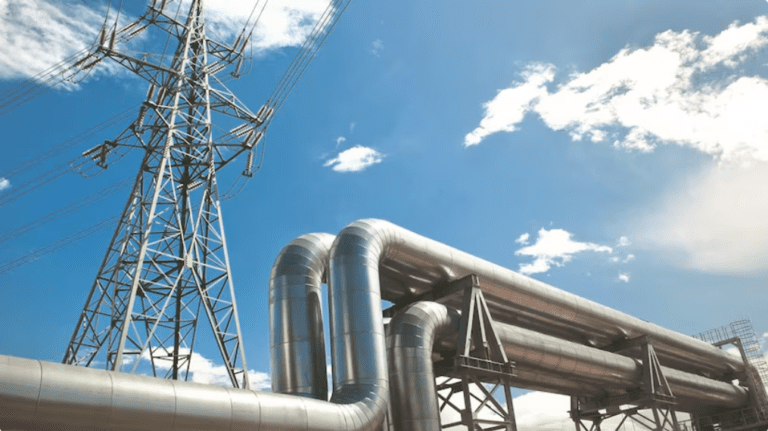Azerbaijan, the UAE, and Brazil – the last, current, and upcoming hosts of the UN Climate Conference (COP) – are set to increase their collective oil and gas production by 33% by 2035, despite their pledges to spearhead global climate action. This finding comes from a new report by Oil Change International, a US-based research and advocacy group, which highlights a concerning contradiction between these nations’ climate commitments and their expanding fossil fuel projects.
The report indicates that by 2035, the UAE and Brazil are on course for a 37% and 38% rise in oil and gas production, respectively. Azerbaijan, the host of COP29 in 2025, is projected to see a smaller increase of 4%. This contrasts sharply with the historic agreement made at COP28 in Dubai in 2023, where world leaders vowed to transition away from fossil fuels, triple renewable energy capacity, and double energy efficiency by 2030.
Oil Change International has warned that this continued investment in oil and gas undermines these commitments and jeopardizes global efforts to combat climate change.
Earlier this week, the International Energy Agency (IEA) emphasized that the goal of tripling global renewable energy capacity by 2030 is achievable, but only if countries follow through on their commitments to reduce fossil fuel dependence.
Climate Action Tracker, another research group, has criticized Azerbaijan’s climate efforts, rating them as “critically insufficient” after the country abandoned its 2030 emissions target. The group expressed concern that the COP Troika – Azerbaijan, the UAE, and Brazil – faces mounting pressure to provide a clear path forward during a meeting on the sidelines of the UN General Assembly, where they are expected to outline their ‘Roadmap to Mission 1.5.’ This plan is intended to inspire countries to increase their climate ambition in their Nationally Determined Contributions (NDCs), which must be updated by February 2025.
Romain Ioualalen, Global Policy Manager at Oil Change International, stated: “The COP Troika could play a pivotal role if it implements more ambitious policies to limit global warming to 1.5°C. However, expanding fossil fuel production is incompatible with any meaningful commitment to submit 1.5°C-aligned NDCs. These actions are not only hypocritical but set a dangerous precedent for other nations, weakening global climate efforts.”
He added, “The Troika can’t have it both ways. It’s time to choose: fossil fuel expansion or a livable future. The world is watching.”
Linda Kalcher, Executive Director of Strategic Perspectives, echoed this sentiment, saying: “2024 is a critical year for the agreement made in Dubai to phase out fossil fuels. The NDCs will reveal whether countries are serious about reducing their dependence on coal, oil, and gas.”
She concluded, “All eyes are on the Troika to demonstrate leadership and credibility in publishing their plans. For the UAE, it is crucial to show that the historic deal reached in Dubai was not just rhetoric.”


